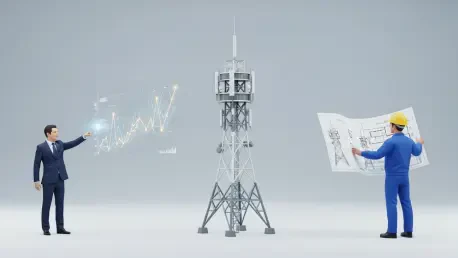
India's monumental effort to establish one of the world's most extensive 5G networks has been nothing short of breathtaking, yet recent data suggests this marathon buildout is now entering a more calculated and strategic phase of decelerating growth. As the digital backbone for the nation's

In a country where rugged mountains and sprawling plains define the landscape, consistent and reliable digital connectivity has transformed from a modern convenience into an essential lifeline for millions of Nepalis. As daily activities increasingly migrate online, from education and commerce to

The persistent disconnect between high-speed ground internet and the often sluggish, unreliable connectivity available in the skies has long been a point of frustration for business travelers, who increasingly see aircraft as an extension of their office. For years, the promise of a seamless,

A landmark forty-billion-dollar deal designed to reshape the American telecommunications landscape now stands at a contentious crossroads, pitting corporate strategy against contractual honor. At the heart of the matter is EchoStar's proposed sale of highly coveted radio spectrum licenses to

A transformative shift in telecommunications is set to unfold across Africa, promising to connect millions who have long been left behind in the digital revolution. Through a landmark partnership between Airtel Africa and SpaceX, the familiar silhouette of the cell tower may soon be complemented,

The frustratingly poor quality of mobile service experienced daily by millions in Nigeria is not an isolated failure of network operators but a direct and alarming symptom of a profound national infrastructure crisis. While consumers rightly direct their anger towards providers for dropped calls,